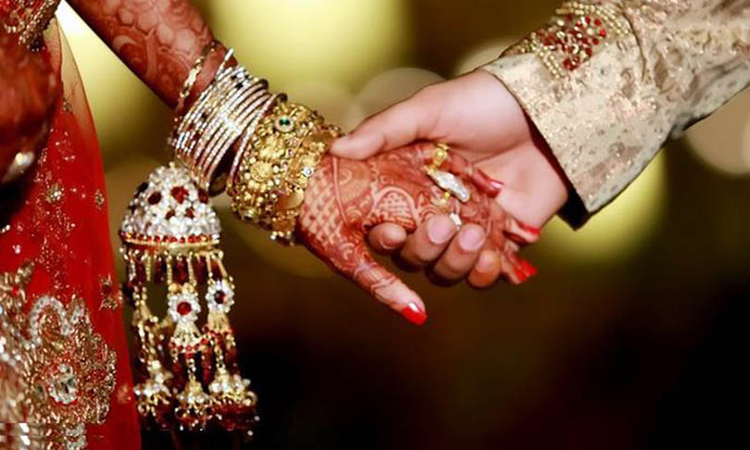UP Family Court Directs Woman To Pay Rs. 1000 As Monthly Maintenance To Husband
LIVELAW NEWS NETWORK
24 Oct 2020 11:26 AM IST

Next Story
24 Oct 2020 11:26 AM IST
A family court at Muzaffarnagar District in Uttar Pradesh has directed a woman to pay a monthly maintenance allowance to her husband, the PTI reports.The woman, who is a government pensioner, and her husband have been living separately for many years and the latter had filed a petition in 2013 under the Hindu Marriage Act, 1955, seeking maintenance from his wife.The Family Court allowed...
